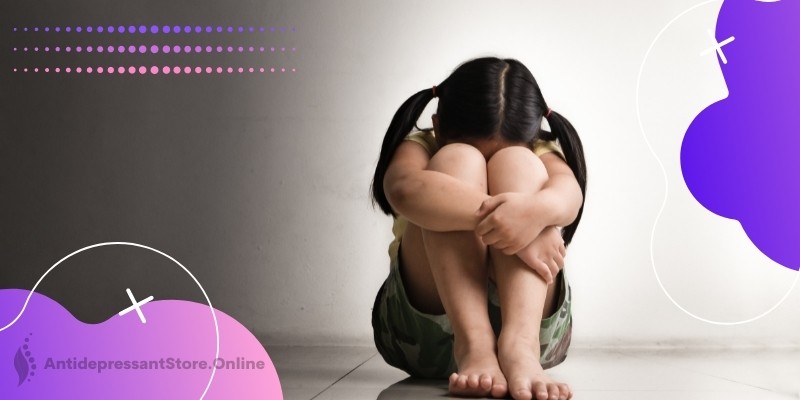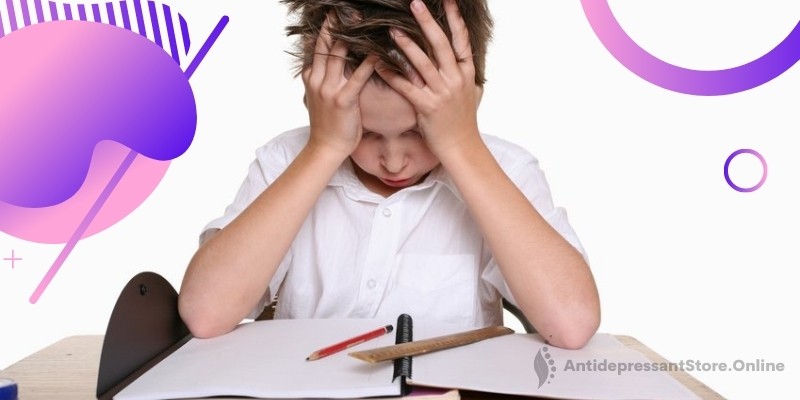It is not new to most people that the number of diagnosed depression cases is skyrocketing worldwide. Few people know that this disease is not limited to adults only.
Depression in children, though being difficult to diagnose, can be very harmful to a child’s health.
Research shows that:
- Up to 3% of children and 8% of adolescents in the United States suffer from depression.
- The disease is more often diagnosed in boys under the age of 10 and in girls by the age of 16.
It is imperative that we know how to identify and treat depression at an early age.
Read about it on our blog.
What is depression in children?
First of all, you need to understand what this disease is. Depression itself is a disease that requires diagnosis and proper treatment. Although there are different types of depression, they do have some common symptoms: loss of energy, escape from reality and less interest in activities that they enjoyed previously. All this affects professional and social activities.
Symptoms exist when it comes to depression in children, yet they can manifest in a different way.
It is difficult for a child to understand his emotions and discuss them. Children experience their own emotions and feelings, which may differ from those of adults.
Parents need to understand the feelings that indicate the existence of problems.
Signs and symptoms
Common ways in which psychological stress manifests itself in a child include:
- Reluctance to play and have fun
- Low school performance
- Fast fatiguability
- Increased irritability
- Excessive tearfulness
- Excessive fear
- Guilt
- Hyper or hypoactivity
- Difficulty falling asleep and maintaining sleep
- Change in appetite
Since children find it difficult to identify their own emotions, they often complain of physical problems.
Causes and risk factors
The most important risk factor for the development of psychological problems in children is family problems:
- Excessive demands on the part of parents
- Frequent change of residence and school
- Loss of a family member
- Financial difficulties
- Parental abuse
Practice shows that genetics and heredity play an important role in assessing the risk of depression. In children, this component plays a more important role than in adults.
How to help a child with depression
Treatment of childhood and adult depression is based on two principles:
- Psychotherapy
- Use of medications
Mild cases are usually well controlled with parental control and psychotherapy. Medication can play an important role in cases of moderate to severe depression.
There are no specific antidepressants for children, but there are medications that are commonly prescribed for children. The type of treatment recommended for your child depends on the symptoms and severity of the depression.
Early detection and intervention are essential for good results.


